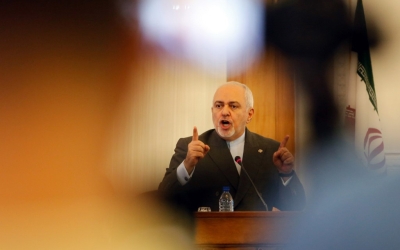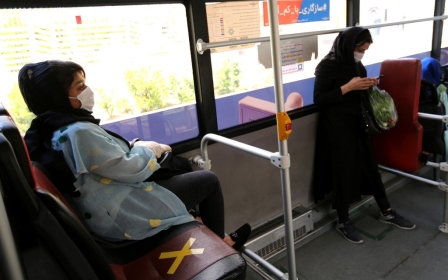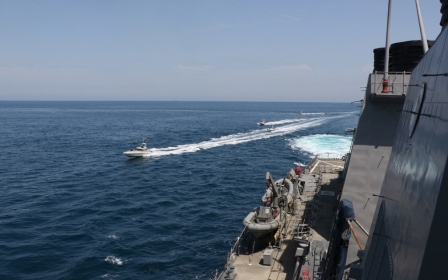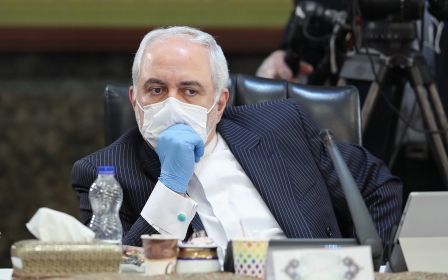Pompeo: US will stop Iran from buying weapons after UN arms embargo ends
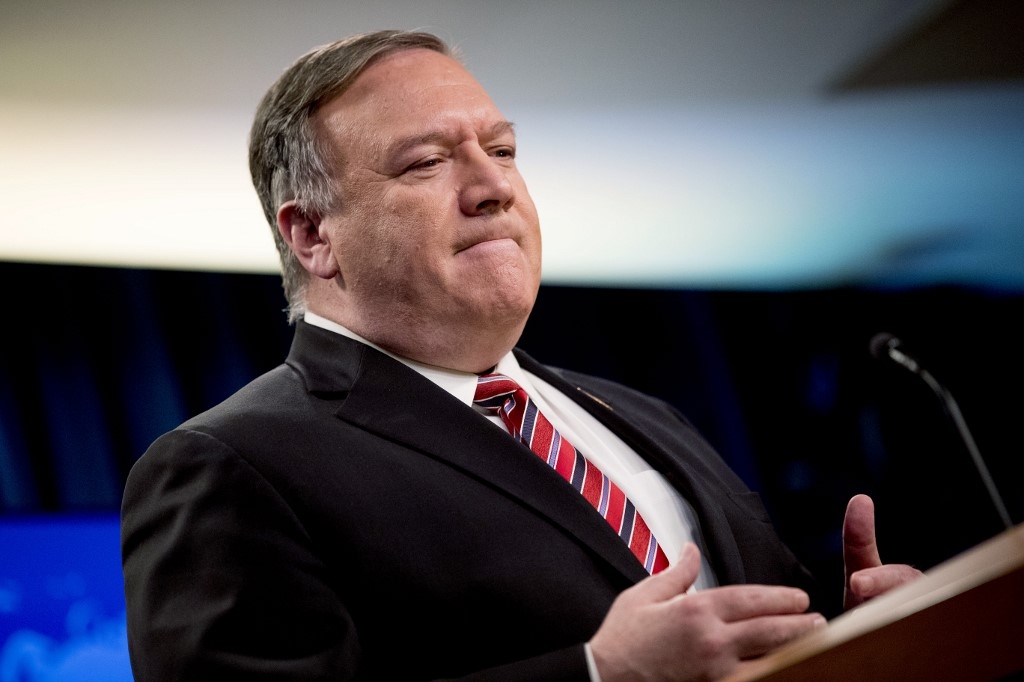
The United States says it will not allow Iran to buy conventional weapons after a UN-sanctioned arms embargo expires later this year.
US Secretary of State Mike Pompeo said on Wednesday that Washington was "not going to let that happen," before insisting that the US was still a member of the Iran nuclear deal, despite President Donald Trump's decision to withdraw from the accord in 2018.
"Does anybody think that a nation that is conducting terror campaigns by Lebanese Hezbollah, or Iraqi Shia movements or firing military missiles into the air ought to be permitted to purchase conventional weapons systems in just a few months?" Pompeo said. "I think the world realises that's a mistake."
The UN imposed a ban on the export of most major conventional weapons to Iran in 2010, but when the Iran nuclear deal, known formally as the Joint Comprehensive Plan of Action (JCPOA), went into effect in October 2015, October 2020 was designated as a potential date for some aspects of the embargo to expire.
Pompeo said that the US would work with the UN Security Council to extend the ban, but if that failed it would "evaluate every possibility."
New MEE newsletter: Jerusalem Dispatch
Sign up to get the latest insights and analysis on Israel-Palestine, alongside Turkey Unpacked and other MEE newsletters
According to UN Security Council resolution 2231, which endorsed the 2015 Iran nuclear deal, any "participant state" can trigger - or "snap back" - the arms embargo, along with other UN sanctions, if they believe a party is in non-compliance.
Since the US withdrew from the accord, Iran has steadily reduced its compliance with restrictions on its production of enriched uranium and has substantially boosted its stockpiles.
Doing so prompted Britain, France, and Germany in mid-January to formally accuse Iran of violating the terms of the accord, which activated a dispute mechanism in the deal.
The New York Times reported on Sunday that Washington was planning to legally claim to be a "participant state" in the JCPOA so that it could invoke its rights as a member of the deal to declare Iran non-compliant.
"The US is a participant, it's just there in the language, there's nothing magic about this," Pompeo said. America's participation was "unambiguous," he added.
Pompeo also went on to accuse Iran of flying support to Venezuela, a country the US has also targeted with heavy sanctions, saying that multiple aircraft belonging to Iran's Mahan Air had transferred "unknown support" to Nicolas Maduro's government.
The secretary of state further called for the flights to stop and for other countries to ban Mahan Air from their airspaces.
"This is the same terrorist airline that Iran used to move weapons and fighters around the Middle East," Pompeo said.
Middle East Eye delivers independent and unrivalled coverage and analysis of the Middle East, North Africa and beyond. To learn more about republishing this content and the associated fees, please fill out this form. More about MEE can be found here.


